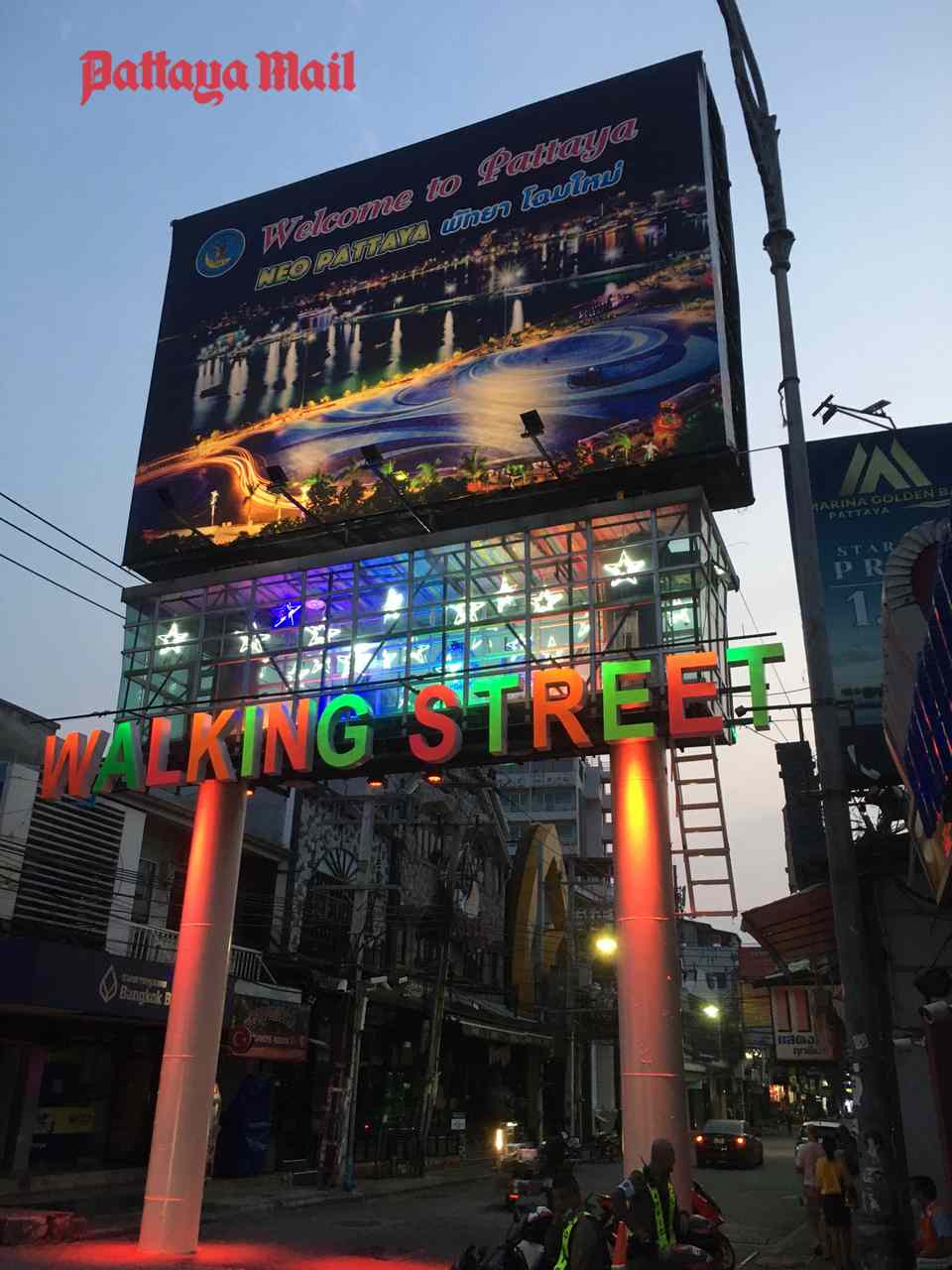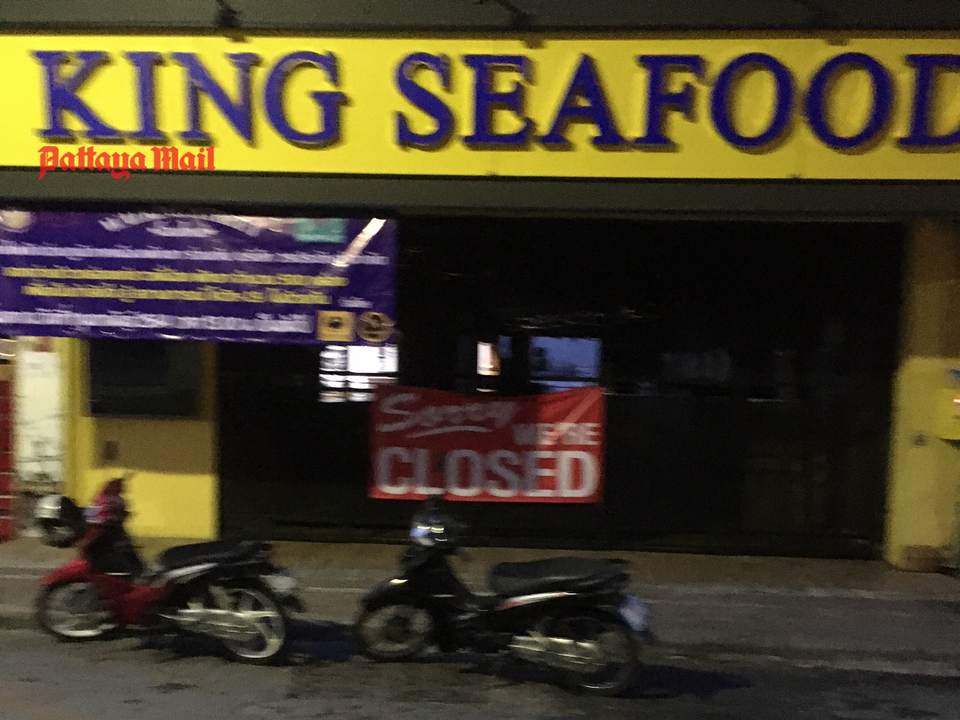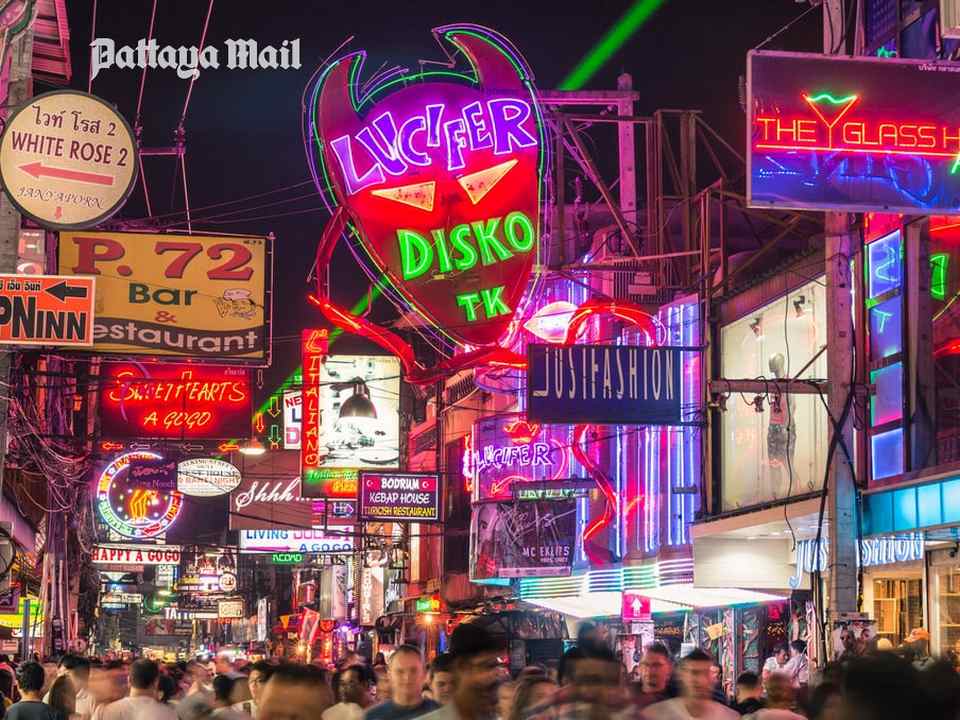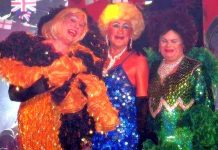
The newly-installed and huge erection at the entrance to the most famous street in Pattaya says it all. It vividly portrays an artist’s impression of the approaching neo-Pattaya, all upmarket and family-orientated, and ignores the historical Pattaya with its glitzy clubs and midnight cabaret shows we blush to remember. The message is clear. The red light district is terminal.
Admittedly, the death of Walking Street has been predicted more often than the premature obituaries of Mark Twain, Pope John XXIII and Margaret Thatcher all combined. As early as 1978, civic authorities warned that dozens of buildings had illegally overstepped onto the beach which was not available to private developers. Following the military coup of 1991, an army general proclaimed disgust at what he had heard gogo dancers were doing with drugged snakes and ping pong balls on stage and threatened dire retribution through the law. But nothing much ever happened as long as the cash tills continued to ring merrily.

But this time it’s different. The current Pattaya mayor, Sonthaya Kunplome, has several times called for a Walking Street and Bali Hai pier reboot. Some believe it’s just talk, but they forget that the Eastern Economic Corridor (EEC), which covers Chonburi province and two others, has already attracted billions of US dollars from partnerships of Thai and foreign investors. The upgrade of U-Tapao international airport, the high-speed ribbon sprawl linking with Bangkok airports, and the expansion of Map Ta Put and Laem Chabang seaports are all going ahead. Hundreds of millions of baht are programmed to be spent on projects to combat coastal erosion and to modernize the neighboring town of Naklua. Asian investors are not cash-shy.
Other critics argue that nobody would dare to bulldoze the current Walking Street venues, all (of course) shuttered during the pandemic crisis. But padlocked buildings don’t show a profit and, contrary to common belief, many venues had closed long before anyone had even heard of Covid-19. Moreover, Thai authorities have shown in the past that they can bring about change in Pattaya when they really want to. Fifteen years ago, they decided to ban elephants from the city following the goring of a tourist and, separately, to force-close gay bars in Sunee Plaza offering young teens as bait. It happened. A combination of compensation and compulsory purchase orders to deal with Walking Street is already being privately discussed.

There are in effect three futures for Pattaya’s notorious street. The first, a return to the past, fails to take account of changing international markets and worldwide travel trends. The second is to transform Walking Street into a Thai, rather than foreigner-oriented, recreational area with the bars playing Isaan music and street stalls selling Thai products, food and knick-knacks. This was tried last year with very modest results indeed. The most likely answer, assuming a big EEC grant, will be to demolish the entire area to be replaced by a green zone with mini-zoo and aquarium, a water park, children’s rides and international restaurants galore. Ever-changing Pattaya can certainly produce such a result as tourism continues to evolve post-pandemic.
Nonetheless the memories of former days will persist. For example, there was a famous occasion when police raided a nightclub with a sex show in full swing and arrested three members of staff for playing a Thai version of Blackjack behind the stage. In the days when animal shows were still allowed, a street entertainer said she was going to have her performing monkey, named Artful, stuffed following a sudden heart attack. She said this was in gratitude for long service as he was very adept at stealing your wallet if you were unwise enough to pick him up. Somebody really ought to write a book.





